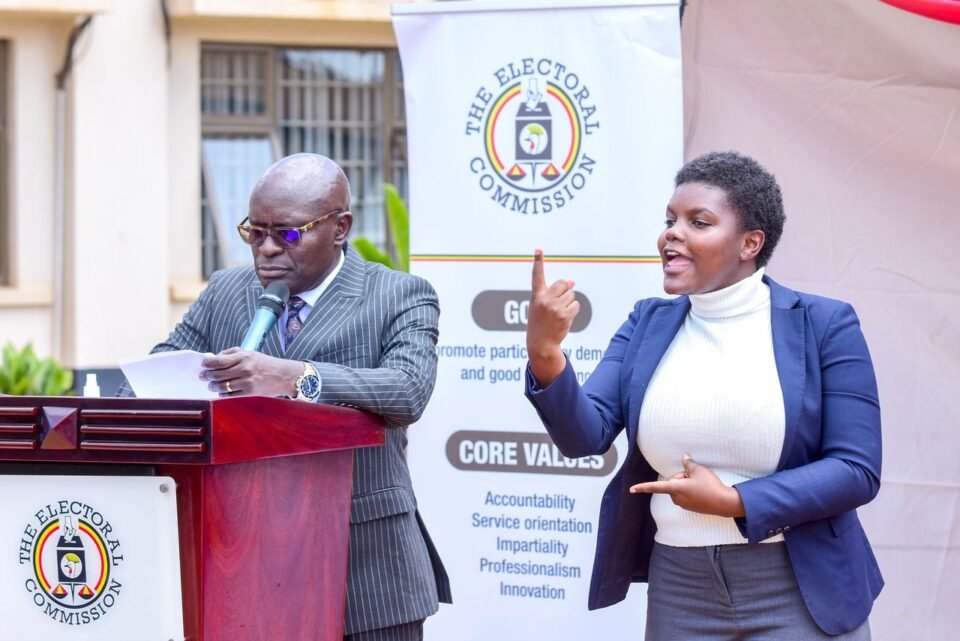KAMPALA, UGANDA – The Electoral Commission (EC) has issued a stern directive banning all fundraising and donation activities in churches and mosques during the ongoing election period. The move, announced by EC Chairman Justice Simon Byabakama, is a decisive measure to curb voter bribery and protect the integrity of the country’s democratic process.
During a press briefing in Kampala, Justice Byabakama warned political aspirants and religious leaders against using places of worship as platforms for political gain. He emphasized that under the law, such activities could be interpreted as an attempt to influence voters, a criminal offense that can lead to prosecution and disqualification.
“The law is clear—candidates must not use religious platforms for political gain,” Byabakama stated. “This safeguards both the sanctity of worship and the integrity of elections.”
The ban comes as the country gears up for the 2026 general elections, a period often characterized by a surge in politically motivated donations and fundraising events. The EC has long grappled with the issue of “commercialized politics,” where candidates are pressured to make significant contributions at religious and community gatherings, which often leaves them vulnerable to corruption.
The directive echoes longstanding concerns raised by President Yoweri Museveni, who has repeatedly criticized the culture of fundraising in religious institutions, stating it puts “young politicians under pressure to go into debt by borrowing and getting involved in corruption.”
To ensure compliance, the EC is engaging in consultations with the Inter-Religious Council of Uganda (IRCU) to raise awareness among faith leaders and encourage them to maintain neutrality during the election season. The commission has urged religious institutions to postpone any planned fundraising activities until after the electoral process is complete, reasoning that a few months of delay will not cause significant harm to long-term projects.
While the directive has been met with mixed reactions, the EC has stressed that the law must be upheld by all stakeholders, from political actors to religious leaders and the general public. The commission is working with law enforcement to investigate any reported violations, underscoring its resolve to create a level playing field for all candidates.
The ban is viewed as a crucial step toward de-escalating the financial pressures on political aspirants and ensuring that leadership is determined by the will of the people, not the size of a candidate’s wallet.


